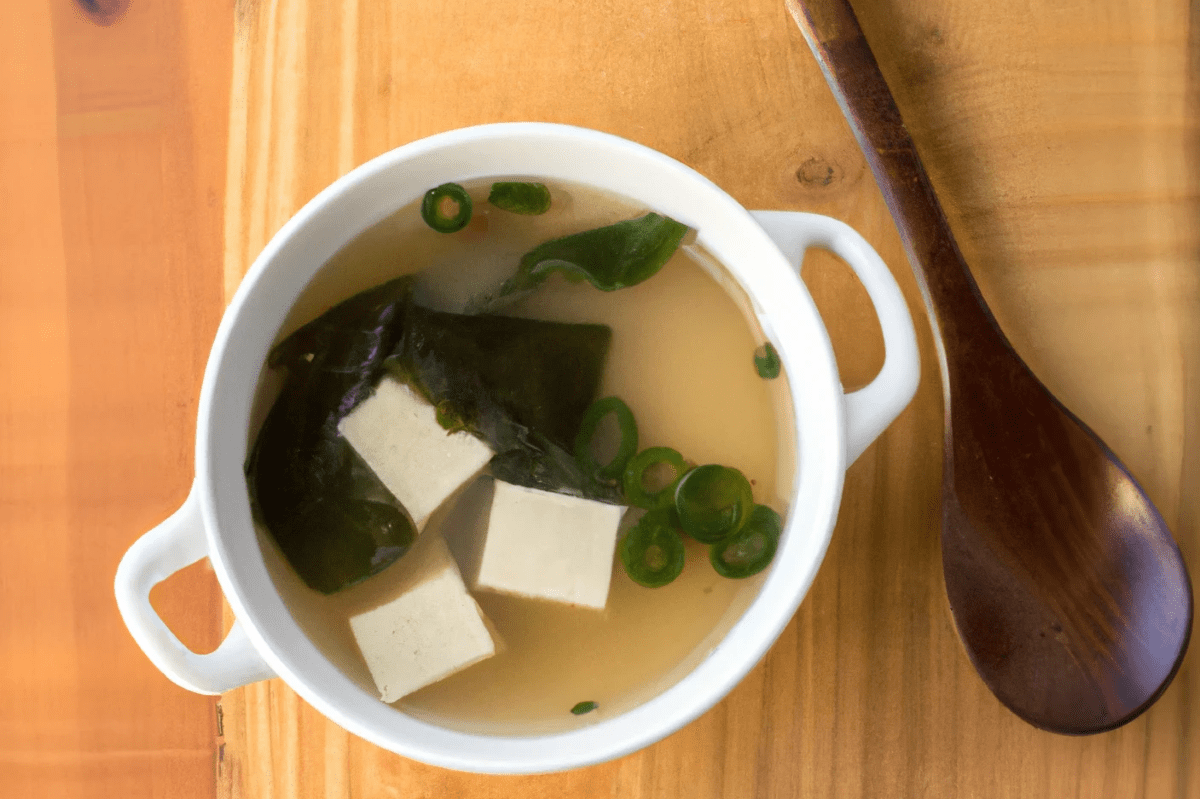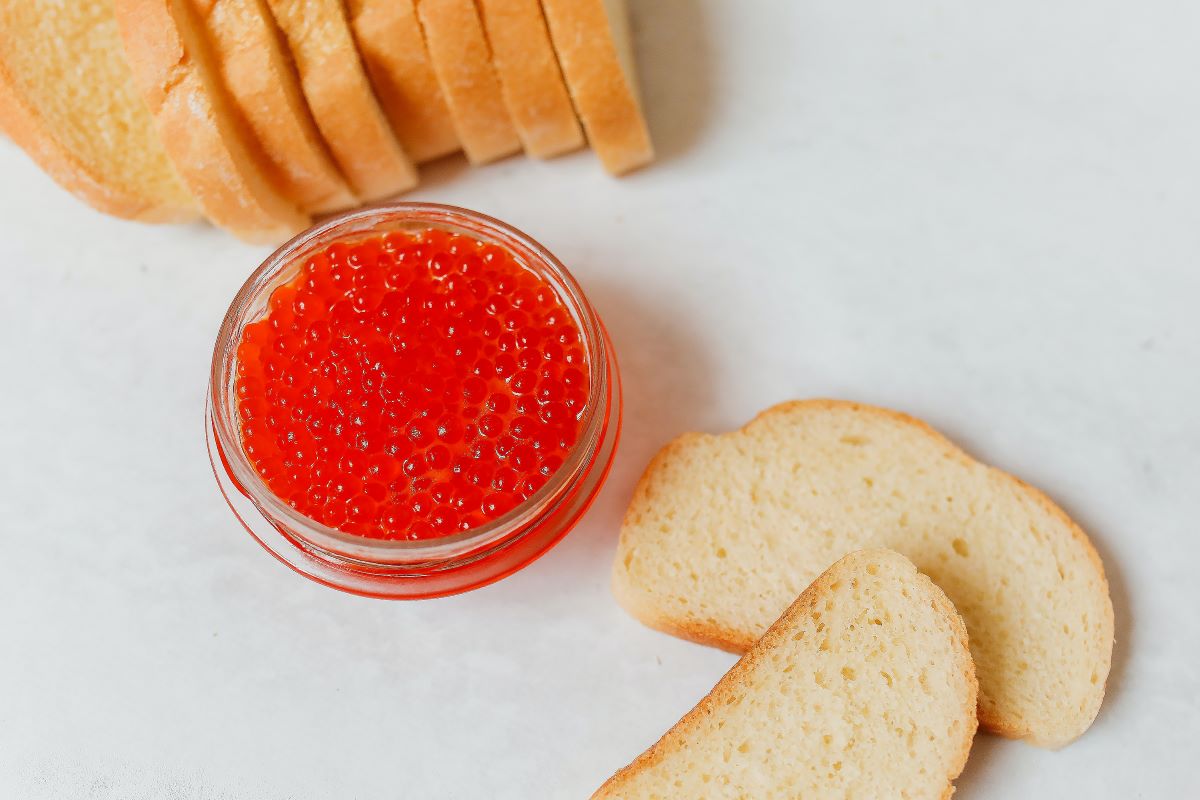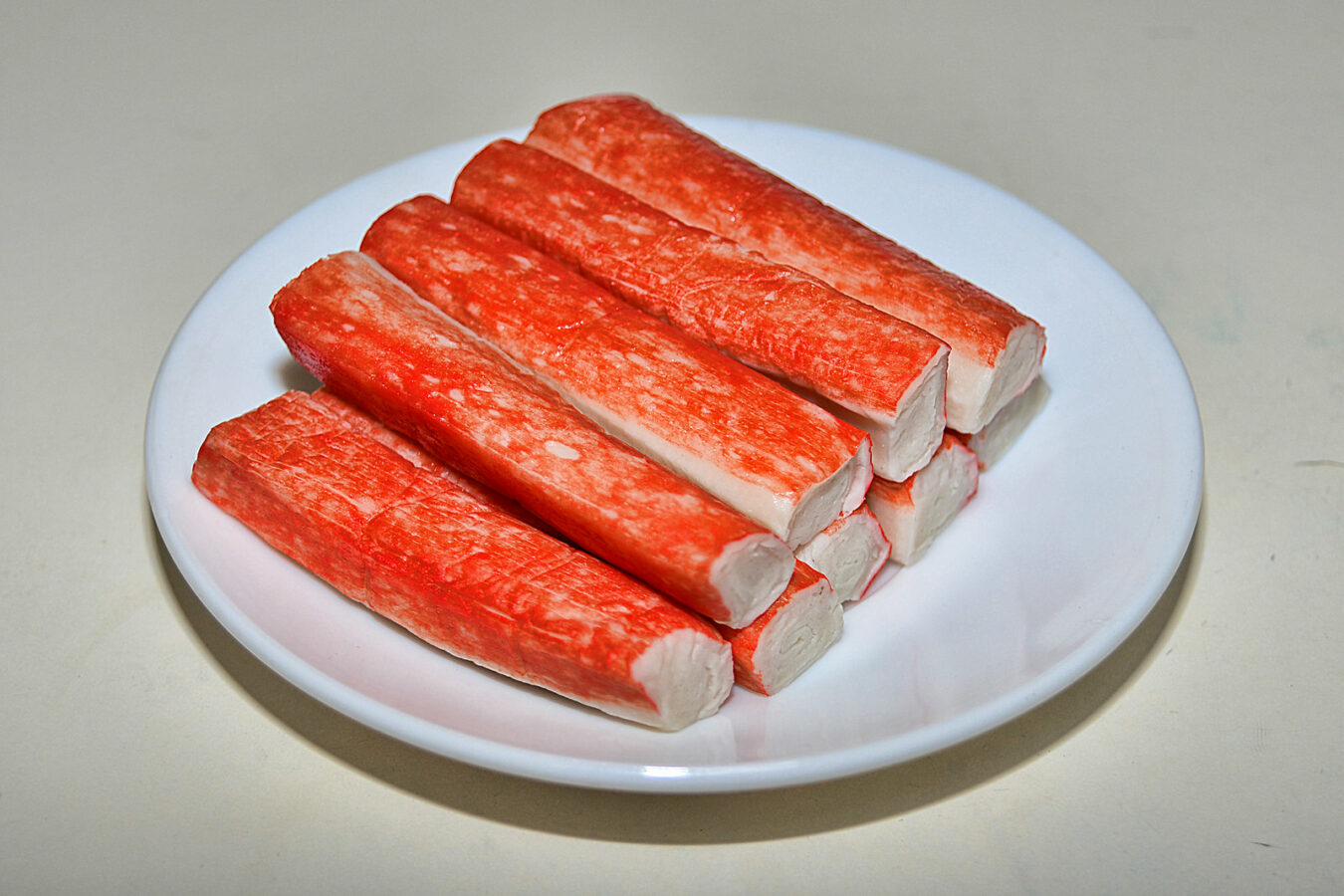Table of Contents
Coconut milk is a popular ingredient in many vegan recipes. It’s made by grating the meat of a coconut, blending it with water, and then straining the mixture to get a liquid that looks and tastes similar to cow’s milk.
But is coconut milk vegan? This guide aims to answer that question, discover the different types of coconut milk and any non-vegan ingredients or processes, and discuss the controversies or gray areas within the vegan community regarding coconut milk.
We’ll also compare coconut milk with coconut water, which is the clear liquid inside a young coconut. Coconut water and coconut milk are frequently mistaken. However, they are not the same thing. Coconut water has its own nutritional profile, health benefits, and environmental effects, which vegans may find useful.
Is Coconut Milk Vegan?
Yes, coconut milk is vegan. Coconut milk is a plant-based milk made from the meat of a coconut and water.
Beware, some variations and additives may contain non-vegan ingredients or involve non-vegan processes.
Non-Vegan Ingredients or Processes
Most brands of coconut milk and coconut cream in grocery stores are vegan-friendly. However, some brands may add white sugar or other non-vegan additives.
Controversies or Gray Areas Within the Vegan Community
One of the major controversies regarding coconut milk within the vegan community is the use of animal labor for harvesting coconuts. PETA Asia’s investigation revealed that some companies in Thailand use monkeys to harvest coconuts, often being kept in chains and forced to work long hours.
Types of Coconut Milk
Coconut milk comes in several forms, including canned coconut milk, cartons of coconut milk, coconut cream, and homemade coconut milk. Canned coconut milk is often thicker and richer in fats, making it ideal for cooking curries or desserts.
Conversely, coconut milk cartons are usually more diluted and are often used as a beverage or cereal topping. Coconut cream contains less water and is much thicker than coconut milk.
Homemade coconut milk can be made by blending fresh coconut meat with water and then straining the mixture through a nut milk bag.
Vegan-Friendly Alternatives and Variations
Now more than ever, many vegan-friendly alternatives to coconut milk are available in grocery stores and online. These alternatives are free from animal products and do not involve animal labor in their production process.
Store-Bought Alternatives
Several brands offer vegan-friendly coconut milk alternatives. For example, So Delicious offers a range of coconut milk products that are certified vegan. Thai Kitchen is another brand that offers coconut milk and coconut cream that are both vegan and do not involve animal labor.
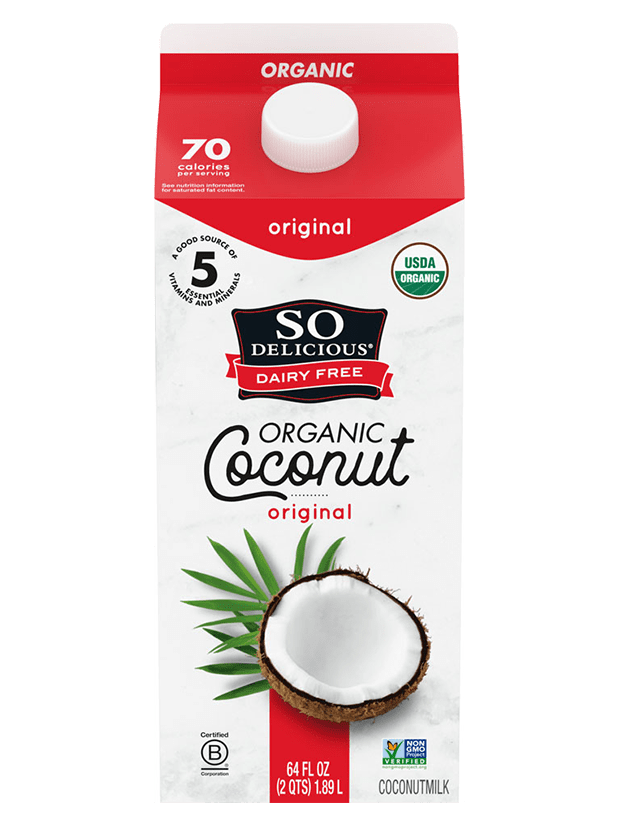
Organic Coconut milk can be used over cereal, in smoothies, or as an ingredient in countless recipes!
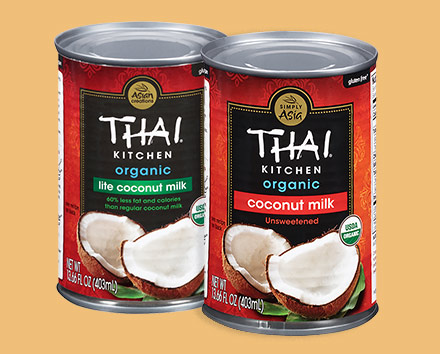
Makes a great vegan cream or milk substitute. Contains 3 simple ingredients: coconut, water and guar gum.
Tips for Identifying Vegan-Friendly Options
When looking for vegan-friendly coconut milk options, it is important to check the label for animal products or by-products. Additionally, check the company’s website or contact customer service to inquire about their harvesting practices and ensure they do not use animal labor.
Look for certifications such as “Certified Vegan” or “PETA Approved,” as these usually indicate that the product is vegan-friendly and does not involve animal labor.
Homemade Versions
Making coconut milk at home is a great option for those who want to ensure it is 100% vegan and free from additives or preservatives.
Ingredient Swaps
If coconut milk is unavailable or you are looking for an alternative, several plant-based milk alternatives can be used in recipes as a substitute for coconut milk. Almond milk, soy milk, and cashew milk are all great options.
How To Use Vegan Alternatives in Recipes
Using vegan alternatives in recipes is quite straightforward. Most plant-based milks and creams can be used in recipes like coconut milk or cream. For example, if a recipe calls for one cup of coconut milk, you can substitute it with one cup of almond milk, soy milk, or any other plant-based milk you choose.
However, it is important to note that different plant milks have different flavors, consistencies, and fat contents, so you may need to adjust your recipe’s seasoning, flavoring, or thickening agents accordingly.
For example, almond milk has a nutty flavor and is less creamy than coconut milk, so you may need to add a little more fat or thickener to your recipe to achieve the desired texture. Similarly, soy milk has a more neutral flavor but is creamier than almond milk, so you may need to adjust the seasoning or flavoring of your recipe.
How Coconut Milk Is Made
To make coconut milk, grate the flesh of mature coconuts, immerse it in water, then filter the mixture to separate the liquid from the solids.
Primary Ingredients
The primary ingredients of coconut milk are coconut meat, the white flesh of mature coconuts, and water, used to soak the grated coconut meat and extract the milk.
Secondary Ingredients and Additives
Some brands of coconut milk may contain additional ingredients or additives, such as guar gum, a thickening agent used to improve the texture of the coconut milk. Sugar is also added to sweeten the coconut milk. Some brands add vitamins and minerals like calcium, vitamin D, and vitamin B12 to their coconut milk, additionally, some coconut milks have added flavors like vanilla or chocolate.
It is always important to check the label for any non-vegan ingredients or additives when choosing coconut milk.
Sourcing and Ethical Considerations
Regarding coconut milk, there are several ethical considerations to keep in mind, including the environmental impact, ethical impact, and labor practices involved in its production.
Environmental Impact
The production of coconut milk has a relatively low environmental impact compared to cow’s milk. Coconut trees are grown in tropical regions and do not require synthetic fertilizers or pesticides.
Additionally, coconuts have a long shelf life and do not require refrigeration during transportation, which reduces the carbon footprint. However, some coconut-producing regions have environmental concerns related to deforestation and habitat destruction. Additionally, the transportation of coconut products from tropical regions to other parts of the world does have a carbon footprint.
Ethical Impact
One of the main ethical concerns related to coconut milk production is the use of animal labor. In some regions, monkeys are trained and used to harvest coconuts. Animal welfare organizations have criticized this practice as being cruel and inhumane. Some companies have addressed this issue by implementing policies prohibiting animal labor in their supply chains.
Labor Practices
There are also concerns about the labor practices involved in coconut milk production. In some regions, coconut farmers are paid meager wages and work in poor conditions. Additionally, there have been reports of child labor and forced labor in the coconut industry.
Some companies have implemented fair trade practices and support small-scale farmers to address these issues. For example, Fair Trade USA is an organization that certifies coconut products that are produced by fair labor practices and environmental standards.
FAQ
Here are some frequently asked questions about coconut milk.
Can I use coconut milk in baking?
Yes, coconut milk can be used in baking. It is a great vegan alternative to cow’s milk and adds a rich and creamy texture to baked goods. Additionally, coconut milk can add a subtle coconut flavor to your recipes, which can be a delicious addition to cakes, muffins, and other desserts.
How is lite coconut milk different from regular coconut milk?
Lite coconut milk is a lower-fat and lower-calorie version of regular coconut milk. It is made by diluting regular coconut milk with water, which results in a thinner consistency and a milder coconut flavor. Lite coconut milk can be used in recipes as a lighter alternative to regular coconut milk.
What are the health benefits of coconut milk?
Coconut milk is a good source of several nutrients, including manganese, copper, and magnesium. It also contains medium-chain triglycerides (MCTs), a fat that is more easily absorbed by the body and can be used for energy. Additionally, coconut milk is lactose-free, making it a good option for people with lactose intolerance.

